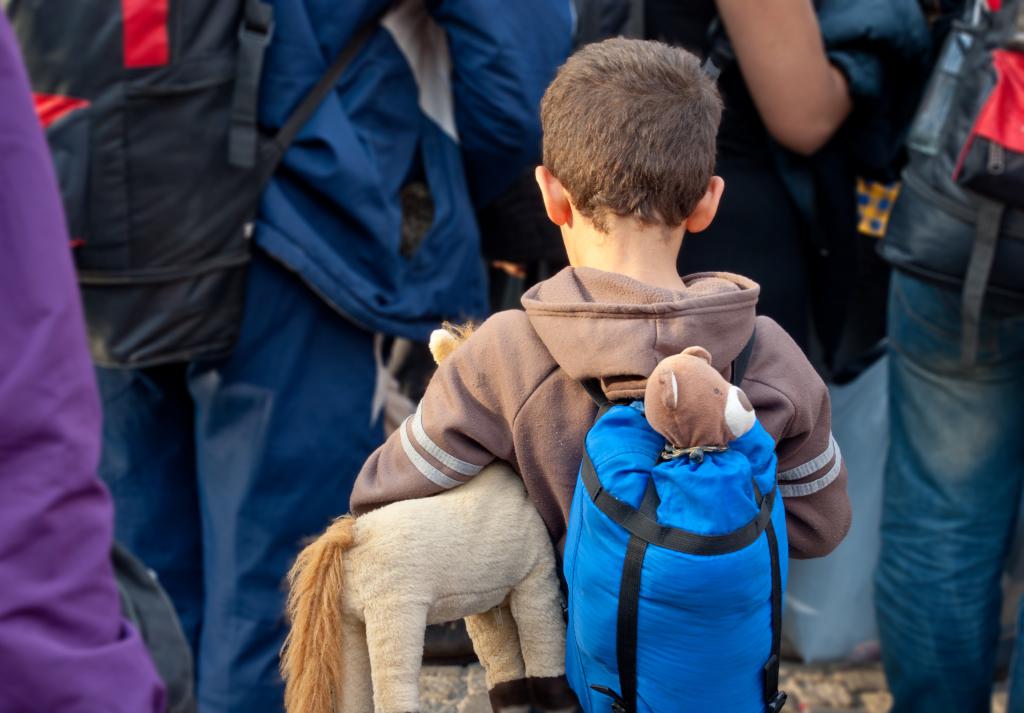After the “historic” visit of the People’s Republic of China leader to the European Institutions, there is a mutual commitment for a “timely conclusion” of an “ambitious” trade agreement. Few hints to the respect of human rights, and Beijing underlined its commitment to making “significant cuts” in greenhouse gas emissions 
There had been talks about the relations between the two powers, few hints to the respect of human rights, fewer hints to the management of the Ukrainian crisis. Yet, the core of the first visit ever of a President of the People’s Republic of China in Brussels was, of course, economy. Xi Jinping arrived at the European Union after a tour in which he travelled around the Old Continent, and met all the highest representatives of the institution: the President of the European Parliament, Martin Schulz, the President of the European Commission, José Manuel Barroso, the President of the European Council, Herman Van Rompuy, and the High Representative of the Union for Foreign Policy, Baroness Catherine Ashton. ‘Bulletproof’ meetings, we could say, given that no final press conference was held to tell journalists what the “historic” meeting was about – the Chinese President has in fact refused to meet media representatives, European sources said. Hence, the outcomes of the meetings are just written in a joint statement by Xi Jinping, Barroso and Van Rompuy: quite a vague document on key topics, such as human rights, completely void of any reference to other crucial issues such as the situation in Tibet or the respect of minorities in China.
The clear thing is, the Asian giant wants to approach the European market. An unavoidable choice for China, currently the second world power, if they want to maintain their growth targets at 7.5 percent. Beijing and Brussels, reads the final text, look forward to the timely conclusion of “an ambitious agreement” covering investment protection and market access. The leader of the People’s Republic, explained EU sources, has shown great interest in opening negotiations on a free trade agreement. It would mean a multi-million deal creating a potential market of about two billion people, with undeniable advantages for Europe too, yet several concerns should be solved first. According to Brussels, this cannot be a result “achievable in the immediate future,” yet it could be seen as realistic “in the medium term.”
“Negotiating and concluding such a comprehensive EU-China Investment Agreement,” reads the text, “covering investment protection and market access, will convey both sides’ joint commitment towards stronger cooperation as well as their willingness to envisage broader ambitions including, once the conditions are right, towards a deep and comprehensive FTA, as a longer term perspective.” The commitment President Xi Jinping managed to get would have been seen as unconceivable just few months ago, when Brussels and Beijing fought on solar panels imports by mutual duties.
Few lines are dedicated to the respect of human rights. The two sides reaffirmed the importance of the promotion and protection of human rights, and agreed “to deepen exchanges on human rights at the bilateral and international level on the basis of equality and mutual respect.” Furthermore, “The EU supports China’s commitment to deepen reform comprehensively, and acknowledges China’s goal of building a moderately prosperous society in all respects, while China supports the European integration process, and acknowledges the EU’s reinforcement of its Economic and Monetary Union.”
The European and Chinese leaders also discussed about international issues, emphasizing “the central role of the United Nations in international affairs” and “the importance of resolving international and regional disputes through peaceful solutions.” Even though there is no direct reference to Ukraine, the issue was raised, according to EU sources. China has underlined its non-interference principle into the affairs of third countries, yet Xi Jinping said he supports territorial integrity for the country (and at the same time underlined the strong ties between Crimea and Russia).
At the end, some lines dedicated to the fight against climate change. Both parties “underlined their commitment to making significant cuts in greenhouse gas emissions through credible and verifiable domestic action.” If maintained, this would be a remarkable result, given that China is one of the most polluted countries in the world. Both sides agreed on the importance of all parties presenting their contributions well in advance of the Conference of Parties to the Convention to be held in Paris, hence in a very short term.
Letizia Pascale


![La bandiera della Regione Lombardia [foto: Wikimedia Commons]](https://www.eunews.it/wp-content/uploads/2022/09/lombardia.png)






![Rottamazione di automobili - sfasciacarrozze [foto: imagoeconomica]](https://www.eunews.it/wp-content/uploads/2025/03/Imagoeconomica_1992747-120x86.jpg)

